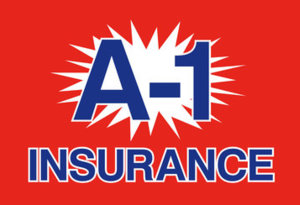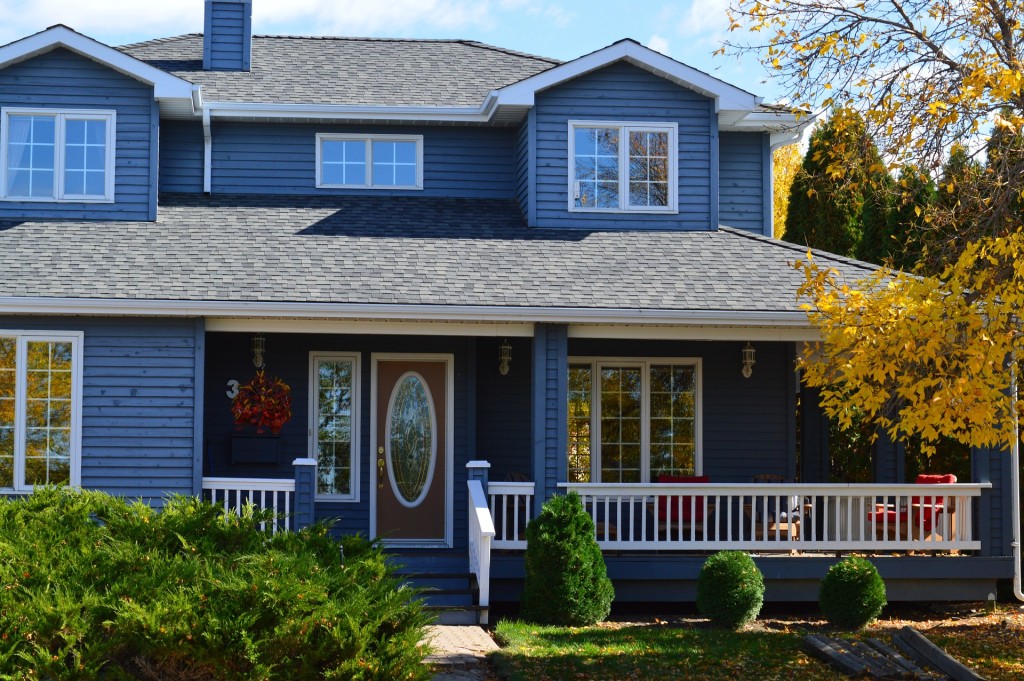Thinking about renting rooms or your entire home as a way to earn some extra money? Online services, such as Airbnb and HomeAway, make it easy and enticing to list your property and fill it with paying guests regularly or occasionally.
Most such rentals go off without a hitch. But occasionally things can go awry. Last spring, a couple in Calgary, Canada, who rented their home to four Airbnb guests, came home to find wrecked furniture and trash from a wild party strewn everywhere. Damage was estimated at $100,000, according to news reports. Before you sign up, understand three things about home insurance policies that can impact your risk when renting your living space to travelers, even short-term. Be sure to address these items when buying homeowners insurance.
Review homeowners insurance details
1. Rental length. Don’t assume your homeowners insurance will pay for damage to or loss of your home and property if the incident occurs when paying guests are staying at your property. “Homeowner insurance policies vary by insurance carrier and state,” says Burl Daniel, an insurance expert witness based in Fort Worth, Texas. “You may be covered if your rental is a one-time thing, and not for too long,” says Dave Phillips, spokesman for State Farm. You should be fine if you live near a big event like the Super Bowl and want to share your home, says Phillips. “But if you want to make this a full- or nearly full-time gig, your State Farm homeowners policy will not provide coverage.” That’s true of most carriers as well. Many carriers that provide coverage for short-term stays limit them to up to four weeks, according to Nolo.com. Read your homeowner’s policy carefully before you sign up to share your home. Some polices covering short-term rentals require advance notification.
2. Homeowner liability. In addition to property damage, review your liability coverage–what if a renter gets hurt? If paying guests blame you for their injury–such as complaining they tripped over wires in your hallway–and file a suit, your carrier could say you don’t have liability coverage. “If you don’t have liability coverage, you could end up paying not only the guests’ medical expenses, but also the cost to defend yourself and any liability damages awarded in court,” Daniel explains. Umbrella insurance may be necessary to cover liability claims.
3. Home-based business. “Among the reasons your carrier may deny coverage: homeowners insurance is based on the risk factors for an owner-occupant. Insurance companies believe there is less risk when the property is owner-occupied than there is with even incidental ‘hotel’ occupancies,” Daniel says. “If you frequently rent out your home (or rooms) to paying guests, your insurance carrier may claim that you are operating a business — a hotel or bed-and-breakfast. If your policy is for a home, not a business, it could exclude any problems your ‘business’ guests cause or damage they do to your house or its contents,” according to Daniel. Most homeowner insurance applications specifically ask the number of weeks you rent your place. If you misrepresent your answers, you can potentially void some (or all) coverages under the policy. “If the occupancy/rental status changes from when you first applied for your homeowners policy, discuss your options with your insurance agent or carrier,” Daniel suggests.
State Farm provides liability coverage when the policyholder shares his home or apartment with up to two roomers or boarders, but that’s not the same as renting to different guests throughout the year, Phillips notes.
“Some cities require short-term rental property owners to obtain a business license,” advises Penny Gusner, Consumer Analyst at Insure.com. “If you plan to rent your home on a regular basis, look into a home business policy.” Begin by asking your current insurer if this coverage is available, then shop around to compare quotes on home business insurance.
Homeowner host insurance options
Airbnb includes “Host Protection” insurance at no extra cost, says spokesman Nick Shapiro. This insurance is now considered “primary coverage” for hosts. Host Protection provides up to $1 million for accidents, such as a guest slipping on a rug and breaking an arm or getting injured while on a treadmill in your building’s gym. It does not cover injuries caused by intentional acts or some property issues, including mold and bedbugs. The protection excludes claims for jewelry, rare artwork, and collectibles in your home. HomeAway offers its hosts damage protection insurance up to $5,000, but for a fee. It starts at $59 for up to $1,500 of coverage and has no deductible. If you’re getting into room sharing frequently or full-time, consider buying additional insurance to protect you and your property. When it comes to buying insurance for renting your place, you have options. For example SafelyStay, based in Atlanta, covers up to $1 million of liability and damage to properties in the United States, with Western Europe launching shortly, according to spokesman Andrew Bate. The policy is priced “per-night” and is for a minimum of three nights. CBIZ in Bozeman, Montana, offers insurance to cover short-term vacation rentals. You also can ask your insurance agent about what options your carrier might have for you when renting your home to travelers.
Before Michelle Dinsmore listed her two-bedroom home in Petersburg, New York, on Airbnb, she bought additional insurance to cover the rentals. Guests have caused some minor damage — one guest “entirely smushed” her new, large ottoman and another broke a glass shelf. But in both cases the guests confessed and paid for repairs.
“I have not had to call my insurance agent,” she reports. Dinsmore says she decided to buy additional coverage even though she believes Airbnb has her back.

